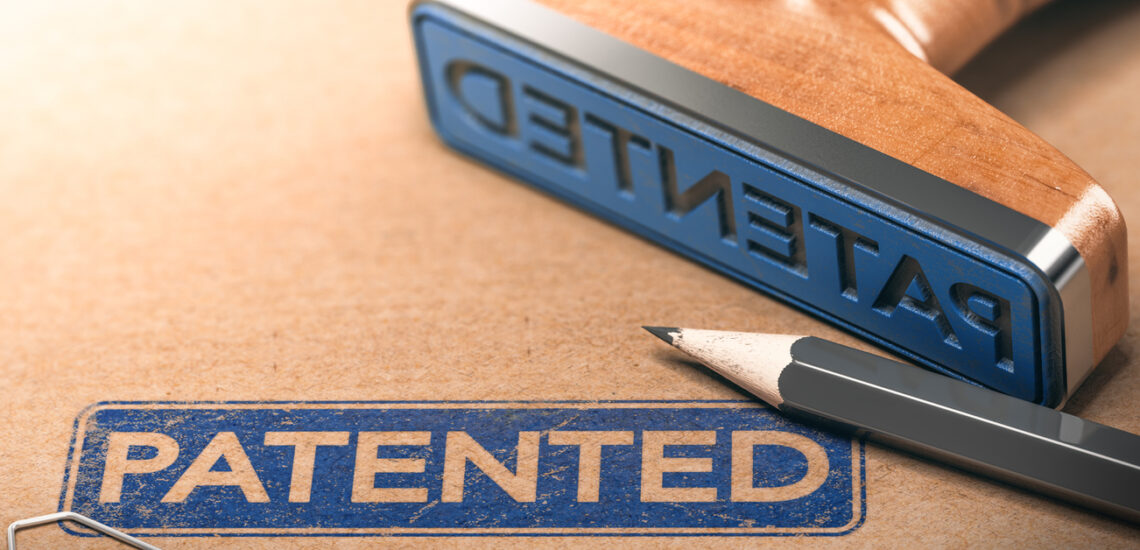Patent applications registered by automobile manufacturers don’t always turn into actually implemented designs. However, car companies make “stocks” for a reason: each idea appears in its own time and may well be demanded by the market, if not today, then in the near future. These are the recent innovations of Ford, BMW and Hyundai caught by Motor1.com in the documents of the United States Patent and Trademark Office – all of them are related to electric vehicles.
Ford describes its type of metal-oxide batteries. This class of batteries involves a reversible reaction of pure lithium (or other metal) with oxygen. Everything is very similar to the known lithium-ion batteries. But lithium on the electrodes is chemically bound in them (with carbon, cobalt, iron phosphates, and so on, depending on the specific construction), and there is also no pure oxygen there. It’s safer that way.
However, extra elements mean excess weight. Inventors have been trying to get rid of them for a long time (for example, oxygen is taken from the environment in promising lithium-air batteries). Ford’s battery is divided into two blocks — one has lithium metal, the other — oxygen enclosed in an absorbent material. A closed system with liquid is stretched between the blocks (no more and no less than blood with hemoglobin). Such a scheme can potentially turn into a battery of significantly greater capacity than the current ones.
And while superbatteries don’t go beyond the walls of laboratories, energy saving is a highly relevant task for designers. At least until roads with contactless charging of electric cars in motion become widespread. In winter, an electric heater (an efficient heat pump also requires recharge) is one of the significant items of expense. BMW describes in detail an alternative option for interior heating – from the free heat of the engine and power electronics.

Hyundai sees the efficiency of an electric car a little differently. Although the electric drive in principle allows you to do without a gearbox as such (a simple reducing unit is enough), the presence of variable speeds can increase both the overall efficiency of the unit and the dynamic parameters of the car. In the transmission invented by the Koreans, the torque from the engine is transmitted to the servoclutch, which is able to smoothly regulate the power supply, then – to a set of gears, through which the traction is sent to the output shaft.
It is no coincidence that the authors of the record-breaking Genovation GXE electric coupe in the conversion of the Corvette left a mechanical box in it. They managed to increase the maximum speed with it. And the developers of one of the most powerful electric cars in the world named Rimac Concept_One/S have built a two-range semi-automatic gearbox for their model. For the sake of incredible acceleration. Hyundai, according to the patent, has made a gearbox that can change gears without breaking the power flow, and all this with a relative simplicity and cheapness of the construction. So far, it’s on paper. But who knows what we’ll see in a year or two.

In conclusion, let’s talk a little about the project of the American company Freescale Semiconductor. It came up with the idea of “a flexible lever connected to the inner surface of the tire on one side and the rim on the other.” The lever transmits the deformation that occurs during the rolling of the tire to the electricity-generating element. Yes, such wheels will not give out a lot of energy, and it won’t be free at all. This is not a generating suspension. In the latter, at least, a decent amount of energy is utilized, which is dissipated by shock absorbers in the form of heat. But inventors don’t need much. Freescale generators could power low-energy pressure sensors. Or, if you imagine a very distant future, a tire with artificial intelligence.
This is a translation. You can read the original here: https://www.drive.ru/technic/58d3ee9eec05c4b66100006f.html

Published September 30, 2021 • 3m to read






